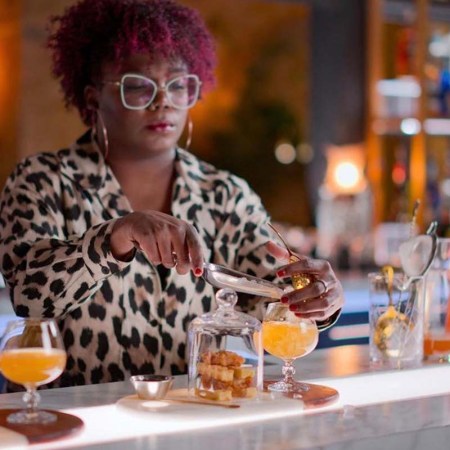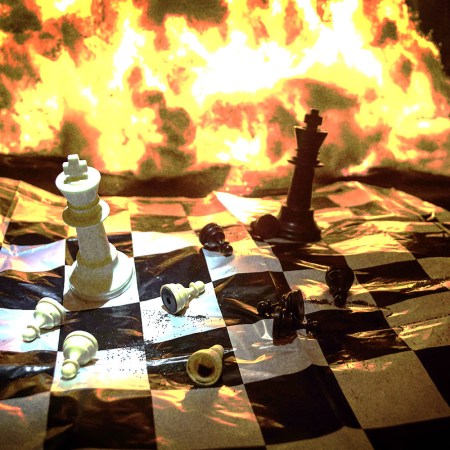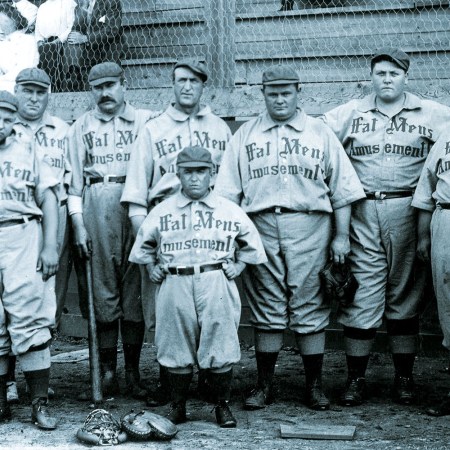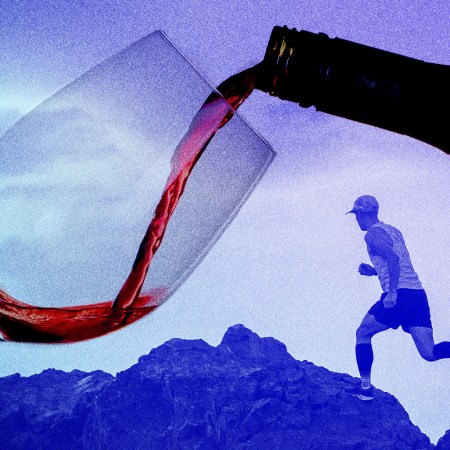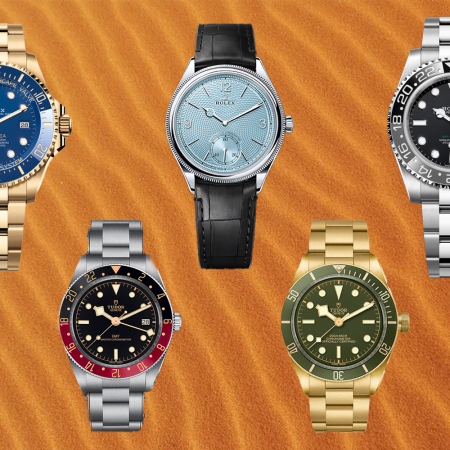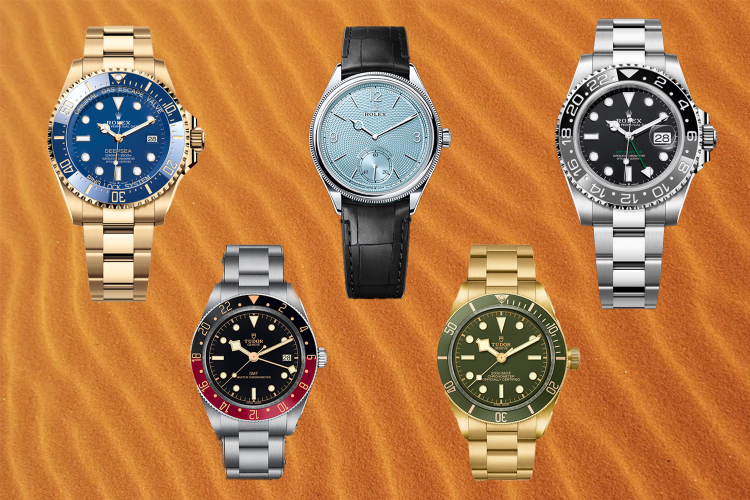French bodybuilder Edgard John Augustin was just four years old when his mother lost control of the family car, smashing into a highway guard rail. Augustin awoke from the crash to discover that both of his legs were missing below the knee; his older brother had lost one leg, while his mother escaped with minor injuries.
After a year of intense physical therapy in Paris, Augustin returned with his family to their native French Guiana. But while his physical rehabilitation was underway, the process of negotiating life as a double amputee was just beginning. When he completed high school a decade later and returned to France to pursue his education, he discovered a love for working out (though he endeavored to keep his prostheses a secret, then, hiding them behind concealing clothing).
Eventually, he was approached to star in a photoshoot that would made clear the extent of his childhood injuries. Those photos, with his prostheses in full view, met with a rapturous response on Facebook, and Augustin’s new life as the “Bionic Body” had begun. Now 31, Augustin has gone on to forge a career as a champion bodybuilder.
We recently spoke with Augustin to learn more about his story.
InsideHook: How does a child begin to deal with a catastrophic injury like the one you suffered?
Edgard John Augustin: Children have an incredible capacity to confront pain. I spent a lot of time with my brother during our treatment, or playing outside. When we were together, I no longer felt alone or different. We were young, we had to learn to walk again — then run, ride a bike, climb trees — and also to accept how others stared at us.
IH: I would imagine other children might not know what to make of you guys.
EJA: My childhood was punctuated by medical care, surgeries and rehabilitation, and I missed school regularly because of that. I was often set apart by the other children. Things that are unfamiliar can be scary — not just for kids but for adults, too, across the board. It’s just part of the human condition.
IH: What was your earliest impulse to begin working out?
EJA: I was overweight — obese, even — and I wanted to change both how I looked and my lifestyle. I did a single training session and after that I never stopped. Training gave me a sense of structure that I was able to impose on other areas of my life as well, including a strict and healthy diet. Along the way, I could feel myself get better: I grew confident as a result of my determination and never gave up. At this point I’ve been training for more than 10 years, and competing professionally for three.
IH: How did you come to the decision to compete professionally openly, with your prostheses?
EJA: Few people in my training circle knew about my handicap, as I made sure to hide my injuries behind my clothes. Then one day a photographer contacted me, looking to work together; I told him about my injuries and he proposed a photoshoot that would showcase my bodybuilding — and my unique situation. People reacted in quite an extraordinary way [after the photos were shared on Facebook]; I saw that my motivation and my determination resonated in a really positive way. Now I wear shorts to the beach or to the pool, even if sometimes I still get some looks or reactions that are harder to handle than others.
The same is true at the gym: in the past, I had been so scared of breaking my prostheses at the gym when I was working out my thighs and butt. Now I never omit a leg day from my weekly training — and I have new, advanced prostheses that can support a press of over 300 kilograms.
IH: At least in the U.S., the loss of limbs is top of mind because of the huge number of military personnel returning injured from the battlefield. What would you say to someone struggling to confront the loss of a limb?
EJA: The U.S. accords a place of importance to amputee soldiers — it’s clear even in France. It’s difficult to directly relate my own situation to an adult who’s lost a limb, or multiple limbs; as I said, children have a nearly infinite capacity to recover from anything. Even so, it still took a long time to accept how others viewed me. Sports helped tremendously.
The advice I’d give to others would be to have confidence in yourself and in those around you. What is different is scary, but the simple act of showing things as they are, of daring to do that, will inspire incredible admiration and respect in others. What I’d say is that you might be surprised by the positive impact you’d have on others. Without question, it will be impossible to live exactly as you have in the past. Thanks to technology, though, along with your own spirit, the love of friends and family, and the human ability to adapt, you can still lead a beautiful life.
My credo is: The sky is the limit.
Whether you’re looking to get into shape, or just get out of a funk, The Charge has got you covered. Sign up for our new wellness newsletter today.
